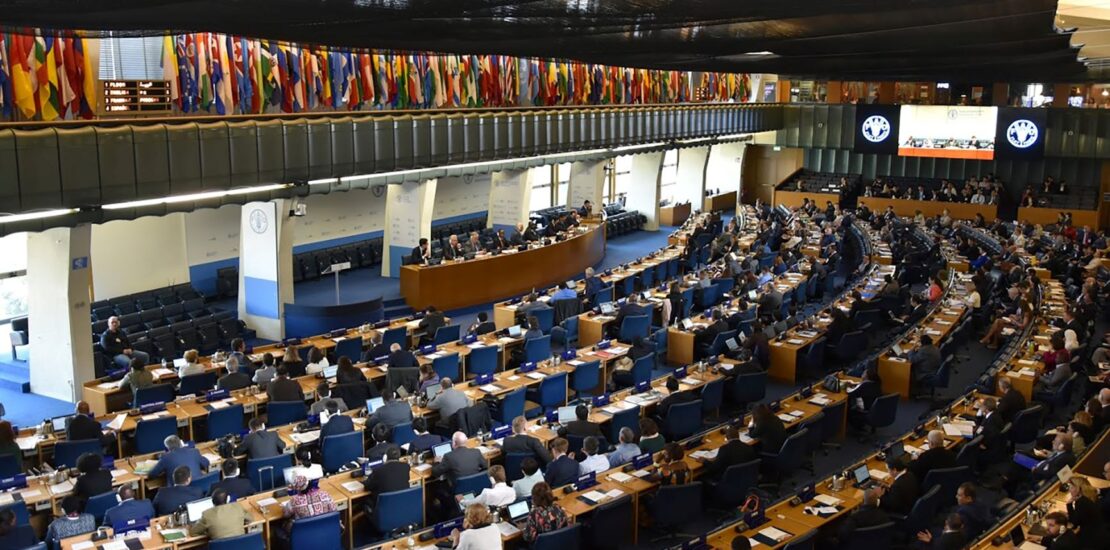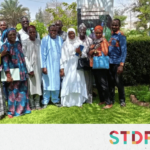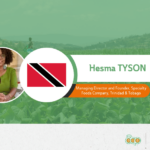Institutional responses
- 24/04/2020
- Posted by: Gaetan Dermien
- Category: Africa, Caribbean, News, Pacific

ACP
Inter-American Development Bank
The IADB has a dedicated website for Latin American and Caribbean businesses in the context of COVID-19. It includes blogs and connection platforms on topics such as ‘Tips to prepare your company for the impact of COVID-19’, and ‘How can the COVID -19 crisis change the private sector for the better?’
coronawestafrica.info
The Regional Working Group for Risk Communication and Community Engagement in West and Central Africa has launched an online portal, COVID-19 West and Central Africa. It will make available information tools (articles, audio, video, graphics and social feeds) on many aspects of the coronavirus, from preventive measures to debunking fake news, that are designed to be culturally adapted and context specific.
RPCA with ECOWAS, UEMOA, CILSS
The Food Crisis Prevention Network (Réseau de Prévention des Crises alimentaires, RPCA) is hosting a COVID-19 information hub in support of the Regional Task Force led by the Economic Community of West African States (ECOWAS) together with the West African Monetary and Economic Union (UEMOA) and the Permanent Interstate Committee for Drought Control in the Sahel (CILSS).
EU
DEVCO Academy
DEVCO Academy, the online learning platform of the European Commission’s Directorate-General for International Cooperation and Development, has launched a digital gateway for learning resources to help users learn, protect, cooperate and work effectively during the pandemic. The site compiles facts, general advice, latest news, useful links and learning resources on the topic of coronavirus. It includes, among other resources, COVID-19: Guidance for employers and business to enhance migrant worker protection during the current health crisis, guidance designed to help employers respond more effectively to the impact of COVID-19 and to enhance protections for migrant workers – including agricultural, transport and retail workers – in their operations and supply chains.
UNECE – Impacts on global supply chains
UNECE’s new Food Outlook page provides information from government and industry sources to observe and help analyse the pandemic’s impact on global supply chains. UNECE (United Nations Economic Commission for Europe) predicts that following the COVID-19 outbreak in more than 200 territories and countries around the globe, and its impact on the world economy, countries will continue to see a growing shortage of workforce, as well as increasing transaction costs and distortions in the food supply chains globally. UNECE is requesting inputs to this collaborative project.
GLOBAL INSTITUTIONS
Fair Trade and coronavirus
The World Fair Trade Organization and Fairtrade International, supported by the Fair Trade Advocacy Office (FTAO), have issued a joint statement in relation to the upcoming G20 Action Plan in response to Covid-19. The statement highlights immediate food security and nutrition concerns, which are expected to be heavily impacted by the health crisis and the necessary responses, including limitations on travel and transportation and closure of public markets. Territorial markets, through which most food is bought in the developing world, will be affected and small-scale farmers are already losing the channels to sell the food they produce. The impact is being particularly heavily felt by Fair Trade Enterprises and Fairtrade supply chains, which have been precisely set up by and for the most marginalised and disadvantaged producers in the Global South.
The statement also stresses that this crisis presents an opportunity “to radically rethink the unsustainable and unequal global growth model and replace it with an emphasis on well-being, sustainability and equity”.
The Fair Trade movement is calling on G20 leaders to:
- Put people first – through furlough schemes to support workers and farmers in low-income countries; ensuring farmers and workers have adequate food and essentials, including adequate PPE and training on social distancing
- Provide urgently a stimulus package to support a green and fair transition
- Support Fair Trade Enterprises and Fairtrade supply chains.
“This is the biggest challenge the Fair Trade movement has ever faced. If we are to retain the progress we have made to achieve sustainable development, immediate support from governments to Fair Trade Enterprises and supply chains is urgently needed,” said Roopa Mehta, President of the World Fair Trade Organization.
Webinar – Rethinking Value Chains Network
The Fair Trade Advocacy Office (FTAO) has hosted a webinar for the Rethinking Value Chains Network: ‘Coronavirus crisis: Impact on small famers and workers across the textiles, agriculture and electronics global value chains’. The webinar can be viewed here, and a summary is available here.
Of particular relevance to horticultural sectors are Wilbert Flinterman’s (Fairtrade International) report on the huge impact of the crisis on the flower supply chain; and Alison Tate’s (International Union Confederation) view of the huge negative impact on the livelihoods of people around the world. More than a health crisis, it is now a income, employment, economic and financial crisis. Given their advanced average age, small farmers are being disproportionately impacted by illness and death from Covid-19. However, the crisis is also an opportunity, as it has increased citizens’ consciousness of vulnerable supply chains, the roles of workers and small farmers, and the need to rethink how we produce and consume.
The FTAO is a joint initiative of Fairtrade International, the World Fair Trade Organization and the World Fair Trade Organization-Europe. It speaks out on behalf of the Fair Trade Movement for Fair Trade and Trade Justice with the aim of improving the livelihoods of marginalised producers and workers in the South.

![EU and GB approval changes (January-May 2024) 9-FFM+-[ENG]](https://news.colead.link/wp-content/uploads/2024/06/9-FFM-ENG-150x150.jpg)



